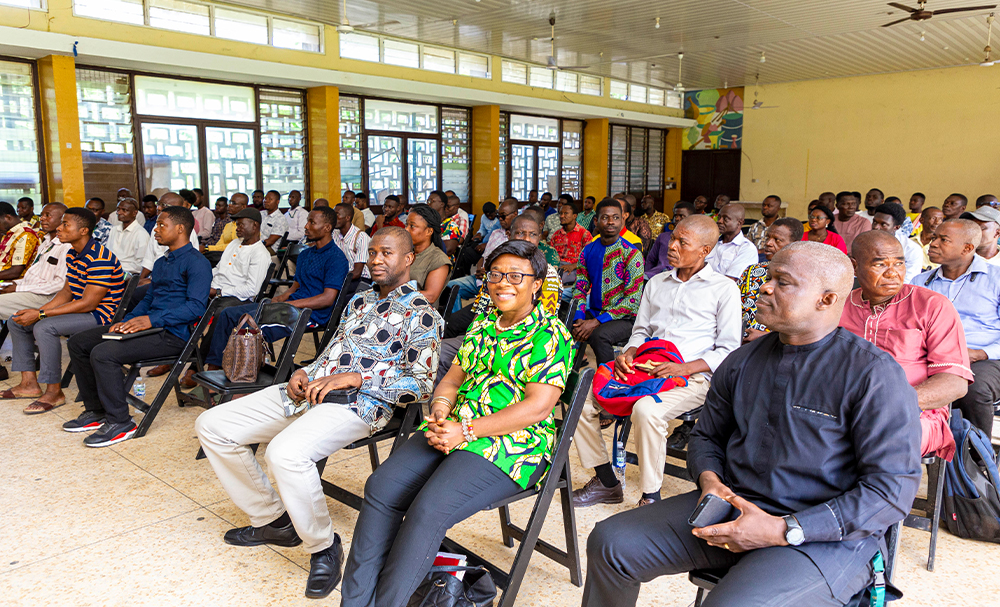The Directorate of Student Affairs (DoSA), in collaboration with the Committee of Hall Administrators (CoHA), has organized a two-day training workshop for Traditional Hall Assistants, Hostel Managers and Assistants and off-Campus Security. .
The workshop, themed “Strategies for Students’ Engagement, Safety, and Student Welfare in Residential Halls/Hostels,” focused on equipping hostel and hall managers with practical strategies for managing student affairs within their residences.
Critical areas covered during the workshop included Halls/Hostels Administration, Protocol and Policy Implementation, Conflict Resolution and Student Discipline, Customer Service & Student Engagement, Facility Management and Maintenance Culture at the Halls/Hostels, and Security & Safety Systems for Student Wellbeing. Participants included hall assistants and hostel managers from both traditional halls and private hostels.
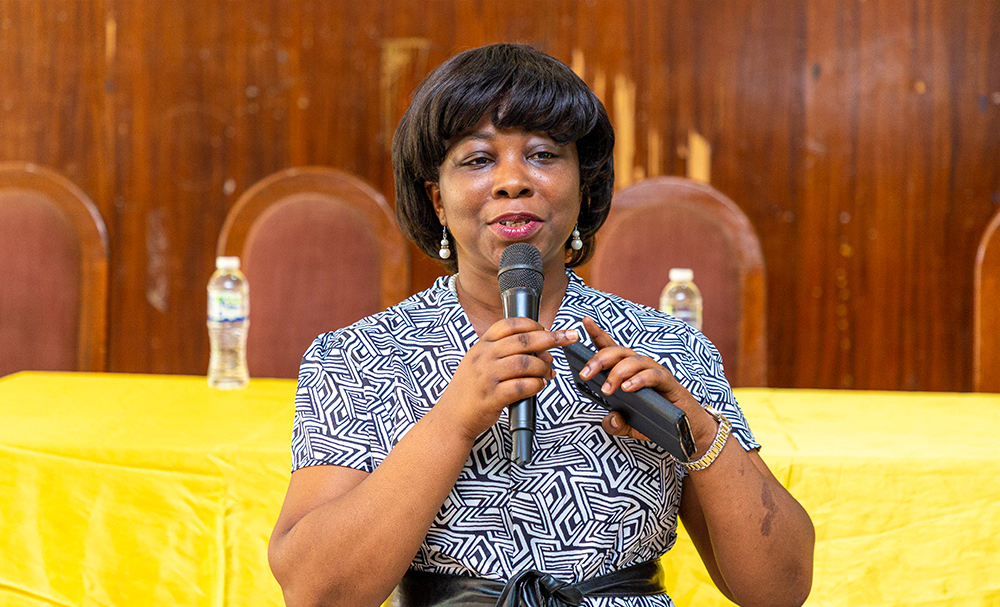
Prof. Marian Asantewah Nkansah, the Director of Student Affairs, expressed gratitude to both traditional and private hostel managers for their vital role in student accommodation. “With the increasing student population, we will be overwhelmed if we do not have the private hostels collaborating with us so we can ensure our students' safety. We are grateful for your support,” she noted.
Professor Samuel Amos-Abanyie, Deputy Director of Housing and Welfare, highlighted the rationale behind the initiative, stating that such training is vital to align all personnel with the university’s vision of providing a safe and supportive environment for students. He emphasised the need to enhance the capacity of hostel staff to meet the evolving demands of student accommodation.
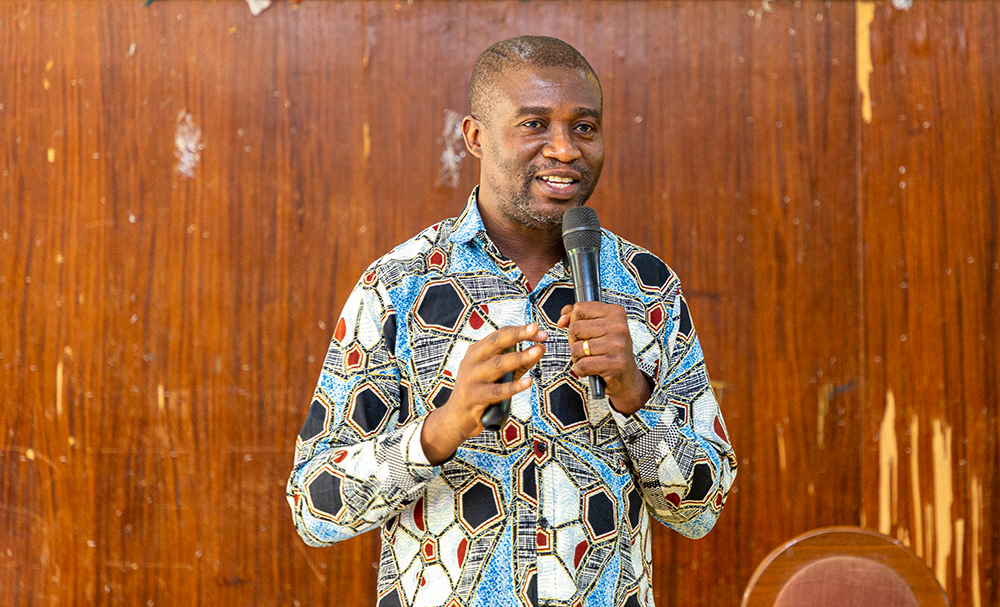
Dr. Titus Kwofie, Former Chairman of the Off-Campus Senior Tutors, provided guidance to hostel managers and hall assistants on handling conflict, conflict resolution, student discipline, and student law enforcement.
He emphasized the need for hostel managers to be well-versed in student behavioural patterns and to approach disciplinary issues with fairness, while also highlighting the importance of the student code of conduct and hostel/hall rules. “Disagreement is one of the manifestations of conflicts.
Helping students navigate and solve their conflicts leads to a more peaceful and productive academic experience for both students and hostel managers. Use fair conflict resolution methods such as negotiation and mediation. If matters escalate, report them to the Directorate of Student Affairs. And if you do not have hostel rules, kindly consult DOSA for guidance,” he said.
Prof. (Mrs.) Linda Aurelia Ofori also encouraged hostel managers to implement formalized rules and procedures. She stressed the importance of clear documentation and signed agreements with students that outline expectations, policies, and responsibilities to avoid misunderstandings and promote accountability.
“KNUST would be grateful if every hostel had written contracts or documents outlining the rules and regulations, signed by students as a form of mutual understanding. These documents serve as a legal and ethical reference point in the event of any disputes and contribute to a well-ordered residential environment,” she stated.
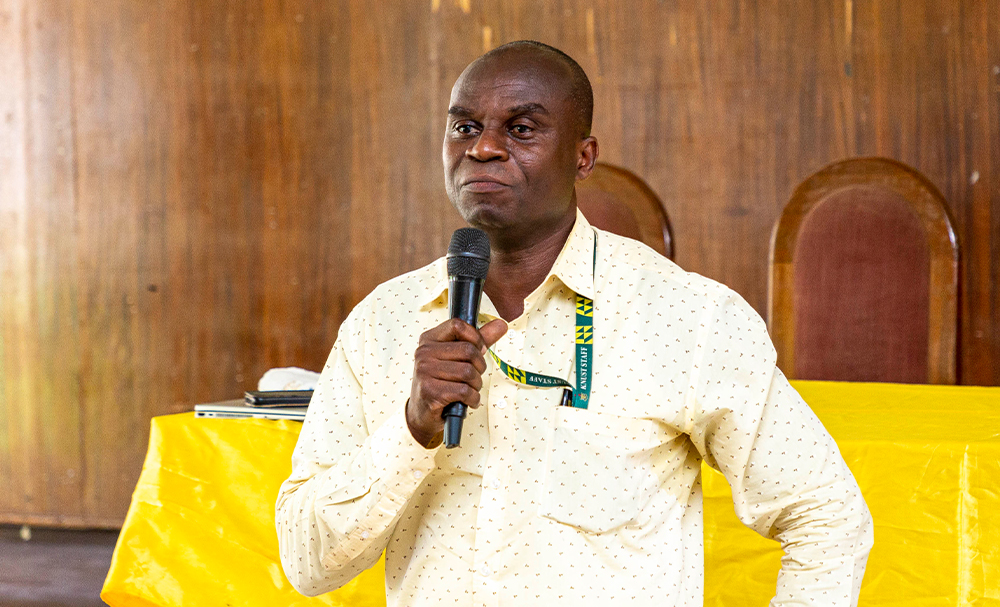
The Head of KNUST Security Services, Lt. Col. Richard Cobba-Eshun, underscored the crucial role of Safety Systems for Student Wellbeing and security in ensuring student safety both on and off campus. He reminded hall and hostel managers of their responsibility to remain alert and proactive in safeguarding students.
“Security is a shared responsibility; we need your cooperation to maintain a safe environment on and off campus. Be vigilant and report suspicious activities. Remember our motto: When you see something, say something,” he emphasized.
Speaking on customer service and student engagement, Dr. Martin Owusu Ansah from the School of Business highlighted the importance for hostel staff to adopt a responsive and student-friendly approach in their daily interactions.
Dr. Anthony Adjei-Twum, facilities management consultant emphasized the significance of preserving hostel infrastructure through proactive upkeep and consistent maintenance practices.
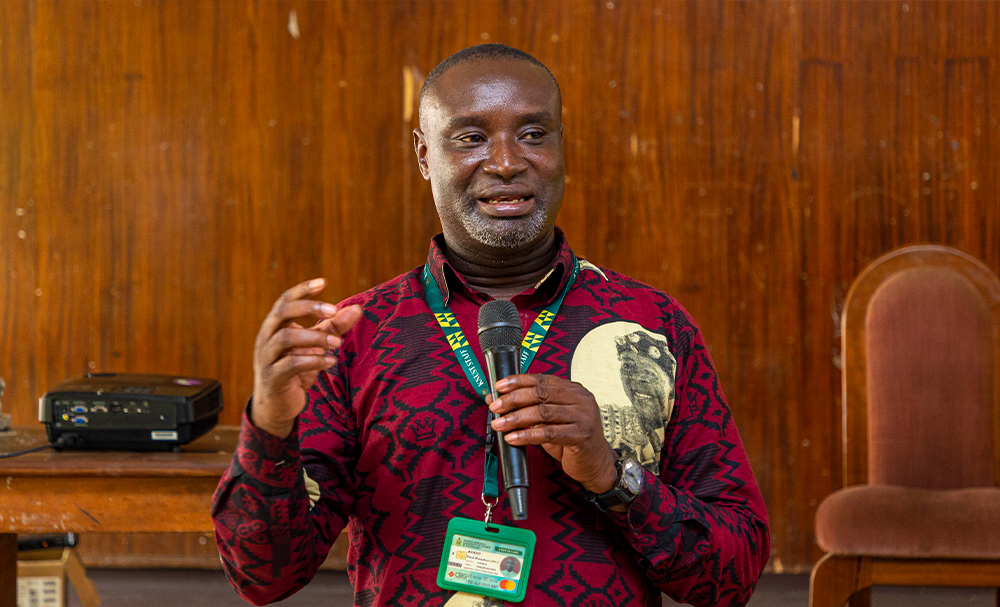
Dr. Paul Kwadwo Addo, Deputy Registrar at the Directorate of Student Affairs, extended his appreciation to all participants and outlined the path forward, reinforcing the university’s commitment to enhancing student welfare and safety through collaboration and proactive management.








